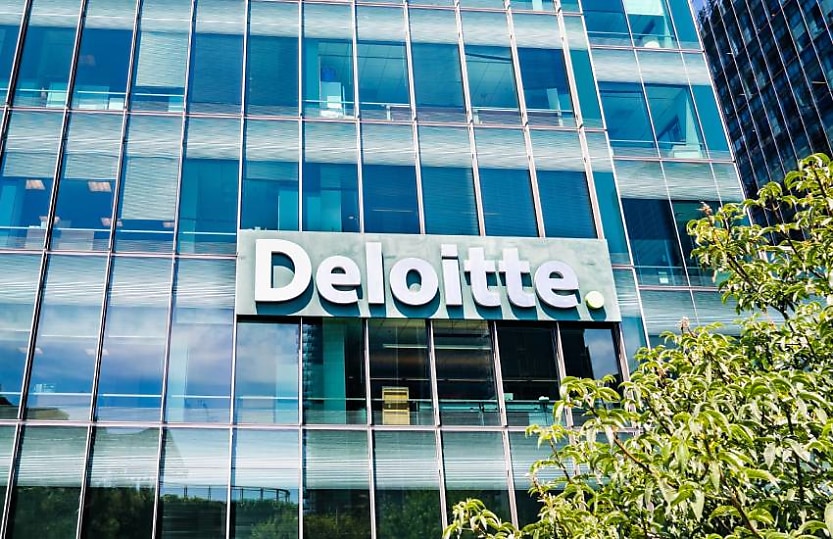‘2028 is too late’: Deloitte urges government to act quickly on tax and investment reform

Green shoots are appearing in Australia’s economy, but economic growth will be sluggish over the next decade without more business investment, Deloitte Access Economics has warned.
In its September 2025 Business Outlook, Deloitte Access Economics said that “green shoots” had begun to appear in Australia’s economy, nurtured by rate cuts, real wage gains, and strengthening household spending.
While economic signs were strengthening, Cathryn Lee, report co-author and Deloitte Access Economics partner, said that Australia’s annual GDP growth would likely remain sluggish over the medium term in the absence of more business investment.
“Per capita GDP, adjusted for inflation, is finally growing as real incomes lift. That has improved confidence and supported spending. However, Deloitte Access Economics expects that this measure of Australian living standards will remain below the level implied by the pre-pandemic trend for the best part of the next decade,” she said.
“With population growth slowing and the terms of trade unlikely to remain elevated, future prosperity hinges on encouraging businesses to invest more. The economic reform roundtable showed there is no shortage of ideas, but waiting until 2028 to act on tax or investment reform would be too late.”
The report predicted that Australia’s economy would grow by an average of 2.2 per cent per year over the next decade, a drop-off from average annual growth of 3.3 per cent over the three decades leading up to the pandemic. This economic slowdown was not an Australia-specific issue, it noted.
“Slower economic growth is not just an Australian story. Since the beginning of this century, global economic growth has been below 3 per cent on just seven occasions,” Lee said.
“Over the coming decade, Deloitte Access Economics does not expect global economic growth to exceed 3 per cent in any year.”
Converging factors including global economic fragmentation and demographic challenges were set to slow economic growth and exacerbate inequalities, the report said.
“The challenges facing the global economy are enormous. Several decades of progress knitting together complex supply chains designed to reduce cost for the benefit of consumers is being disrupted,” Lee said.
“Populations are ageing and birth rates are plummeting, yet most government budgets are ill-prepared for the consequences. High levels of debt, modest wage growth, and surging asset prices are worsening an existing societal divide.
“A small open economy such as Australia has always been at the mercy of the prevailing global economic conditions of the day. It just so happens that the global economy today is a world of worry.”
To ensure Australia’s prosperity amid a challenging global economic backdrop, the report said that reform would be necessary to boost business investment.
“There was recognition of a range of priority areas that Australia needs to tackle. These include the need for tax reform, better and more efficient regulation, and policies to encourage greater investment,” Deloitte Access Economics partner and report co-author Stephen Smith said.
The report’s authors said the August economic reform roundtable had been a welcome addition to Australia’s political discourse, although those hoping for major reform had been left largely underwhelmed.
“Those hoping for a major breakthrough or policy compromise were left underwhelmed. Many economists felt the Treasurer’s pre-roundtable edict that only ideas with ‘consensus’ support would be considered was far too restrictive,” Smith noted.
“Almost any meaningful economic reform creates both winners and losers, making true ‘consensus’ impossible.”
Despite this, Deloitte called for the roundtable to be made into an annual event to help inform policy and serve as a platform for change.
“A regularly convened roundtable which hashes out policy concerns, reform options, and the best response to Australia’s economic and social issues would be valuable,” Smith said.
“If that becomes the roundtable’s lasting legacy – shifting Australia’s political culture so that civil, constructive, and forward-looking discussions are not the exception but the expectation – then perhaps its greatest reform was not economic at all, but democratic.”
About the author

